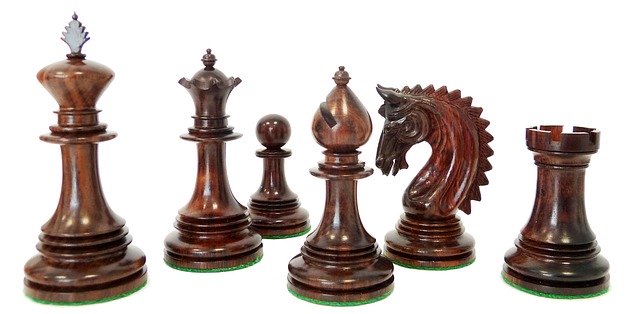 By Andrew Hercules
By Andrew Hercules
When you first begin playing chess, one of the most important things you must learn about is the names of each of the chess pieces and how they move. You must also learn about how the chess pieces interact with each other and any special rules that might occur in any position. In this post, […]
 By Andrew Hercules
By Andrew Hercules
The king is the most important piece in the game. However, it is also the weakest one. So how does the king move in chess? The king can move only one square in any direction, whether it is forward, backward, or sideways. The king also has a special and unique move, known as the castling […]
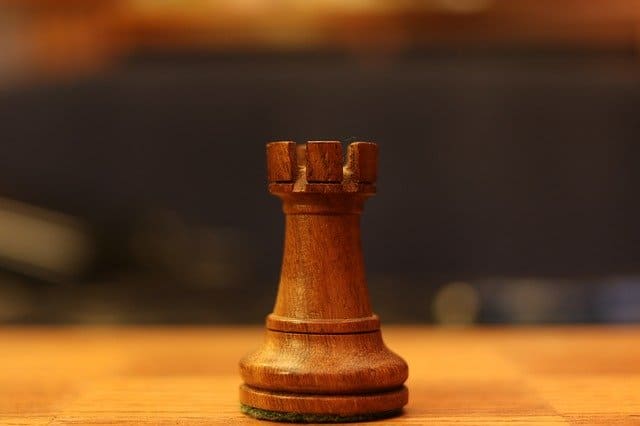 By Andrew Hercules
By Andrew Hercules
When you first start playing chess you will sometimes hear other people say that the Rooks are also called Castles. Although they look like castles, more experienced players will always call them Rooks. Rooks are very valuable in a game of chess, so they are referred to as major pieces. They resemble castle turrets which is why […]
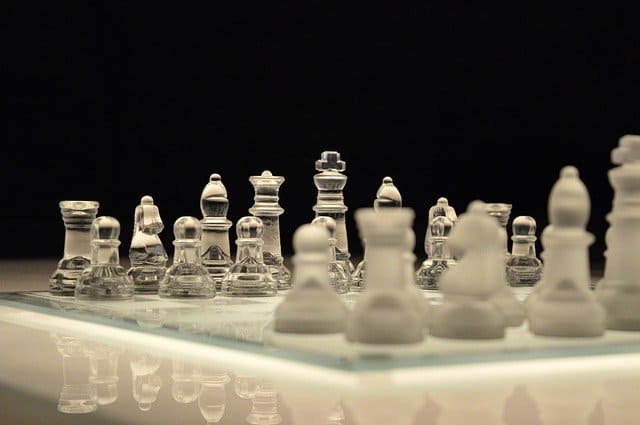 By Andrew Hercules
By Andrew Hercules
Like any other sport or game, chess has its rules and etiquettes for players to follow. So what are the rules of chess? The laws of chess, or the rules of the game, refer to certain rules that determine how one should play the game. The rules of chess can be divided into: Competition rules […]
 By Andrew Hercules
By Andrew Hercules
En passant is one of two special moves in chess apart from castling. The French phrase “En Passant” means “In Passing”. It’s a special way that pawns capture pawns. It is also the trickiest rule in chess! How Do En Passant Work? So what does an en passant mean in chess? The laws of chess […]
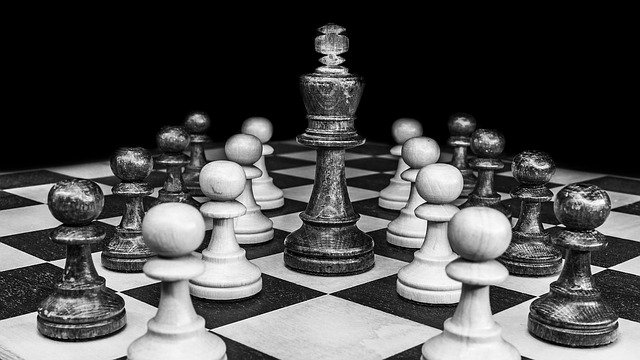 By Andrew Hercules
By Andrew Hercules
Chess is played on a board with eight columns called files, each containing eight squares, and eight rows, or ranks, also containing eight squares. So, how many squares are there on a normal chessboard? The total amount of squares that are on every chess board is 204 squares. How did we come up with this […]
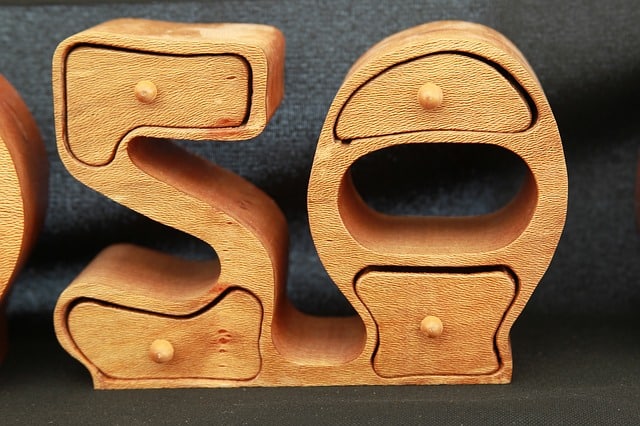 By Andrew Hercules
By Andrew Hercules
The 50 move rule in chess states that a draw may be claimed by either player if 50 moves in a row are made without a capture or a pawn move. This means 50 moves for each player, 100 in total. Every time a pawn moves or a piece is captured, the counter goes back […]
 By Andrew Hercules
By Andrew Hercules
Pawns become more powerful as they go further up the board. They are able to control more squares in enemy territory. So what happens when a pawn reaches the other side? In chess, once a pawn reaches the other side of the chessboard (the eighth rank), it can immediately be promoted to any piece, based […]
 By Andrew Hercules
By Andrew Hercules
Mistakes are a normal part of chess. They happen in every game. It’s impossible to play perfectly. Our goal is to make as few mistakes as we can and to take advantage of those the opponent makes. Mistakes come in various sizes. A big one is called a blunder. A little one is an inaccuracy. […]









